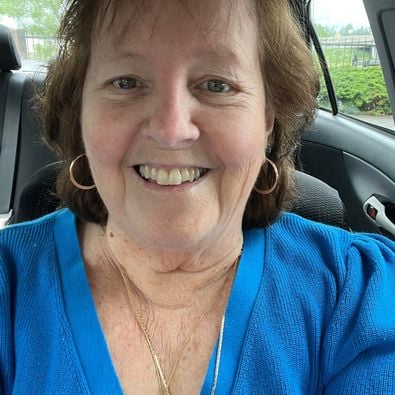
 Image credit: Pixabay.com (2017), CC0 Public Domain[/caption]
Image credit: Pixabay.com (2017), CC0 Public Domain[/caption]
The two most important days in your life are the day you are born and the day you find out why. -Mark Twain.In Pastor Rick Warren's 2002 book, The Purpose Driven Life, he references five different reasons as to why we were put here by God.
- First: “We were planned for God’s pleasure. – first purpose then is to offer worship.”
- Second: “We were formed for God’s family – second purpose – enjoy fellowship.”
- Third: “We were created to become Christ-like. The third purpose – learn to be a disciple.
- Fourth: “We were shaped for serving God. – our fourth purpose – perform ministry.”
- The fifth and final purpose: “We were made for a mission – in his words live Evangelism.”
“To love another person is to see the face of God.” (Victor Hugo, Les Miserables)If we are capable of loving others with our heart and soul, then we are capable of forgiveness and kindness and compassion. All of the five items mentioned by Pastor Warren are possible when done out of love for each other and subsequently by God. What about those people who are full of hate and anger and hurt others? How can we love them? God’s answer to this: “They likely need it most of all!” I think our role is to extend a hand with every person, whether it is a waitress, a cab driver, a cashier, a teacher, a nurse or a doctor; reach inside yourself and extend a word of kindness or even a gesture that shows you care. I said to my sister who recently lost her husband of 42 years. “I’m certain he fulfilled his purpose. He so much loved his family and her, his grandchildren, his sister and brother in laws, his siblings, his parents, and his friends; but mostly he loved God. All of his actions pointed to this love of God leading his way to loving others." I don’t mean to oversimplify our purpose for being born. I think Jesus said it best when he was asked the question, "What is the most important commandment?“ His answer was straightforward and to the point.
He said to him, “You shall love the Lord, your God, with all your heart, with all your soul, and with all your mind. This is the greatest and the first commandment. The second is like it: You shall love your neighbor as yourself. The whole law and the prophets depend on these two commandments.” (Matthew 22:37-40)When we understand this, we understand our purpose for being here!
Copyright 2019 Catherine Mendenhall-Baugh
About the Author

Catherine Mendenhall-Baugh
Catherine Mendenhall-Baugh (Cathy) completed her education in Special Education and English and now works as an Agent in the Insurance Industry. A mother and Grandmother, Cathy grew up in a large Catholic family and has spent the last 30 years as a caregiver for her husband, Jack. She is a cancer survivor, which inspired her to begin writing.


.png?width=1806&height=731&name=CatholicMom_hcfm_logo1_pos_871c_2728c%20(002).png)
Comments